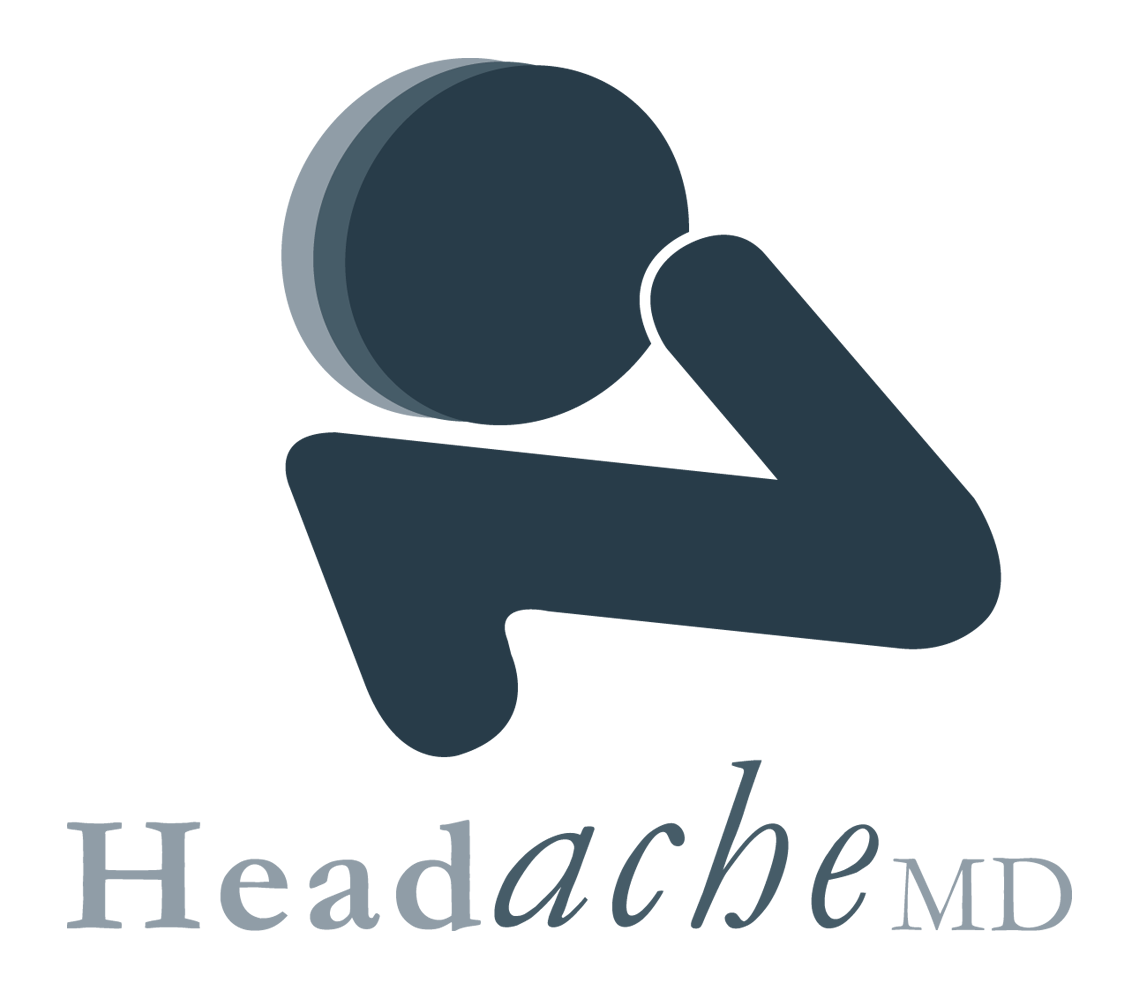Because the symptoms of sinus headaches can mimic the signs of other types of headaches particularly tension headaches, many people will misdiagnose their health condition as anything but sinus headaches. This should not be mainly because each type of headache requires a different approach in treatment because of the differences in causes, symptoms and prognosis. Here then are a few of the most important pieces of information to getting it right on sinus headaches.
Getting the Right Diagnosis
The first step is getting the right diagnosis to enjoy long-term pain relief from sinus headache attacks and, hence, effective management of the health condition. With the wrong diagnosis, the treatment plan will not address the causes, symptoms and complications of the sinus headache that will then result in even more suffering than necessary.
Before going to the doctor, you are well-advised to make a headache diary. This is basically a set of notes detailing the onset as well as the severity, frequency and duration of your headaches. Be sure to list down your symptoms, your actions and food consumed before the onset of the attack, and your other experiences with each attack, said pieces of information of which will aid your doctor to arrive at a correct diagnosis.
Getting the Symptoms Right
Typically, a sinus headache will cause the following symptoms:
- Pain, pressure and tenderness around your sinuses. Your forehead especially behind and between the eyes as well as above the nose are the most affected areas.
- Pain that worsens with simple movement including lying down and bending over.
- Nasal stuffiness and discharge
- Cough and sore throat
- Fatigue
Your headache diary will be of great help on this matter. Keep in mind that if you only suffer from the first 2 symptoms, then you may not have sinus headache but an underlying medical condition requiring appropriate medical care.
Getting the Treatment Right
As with most types of headaches, getting the treatment right for sinus headaches requires a two-pronged approach – to treat the headache and to treat its underlying cause. One without the other will result in chronic attacks that can adversely affect your quality of life in so many ways.
Your doctor will suggest the following treatments:
- Take an over-the-counter pain reliever like acetaminophen, ibuprofen, and naproxen sodium. Avoid abusing these medications as you can become dependent on them (i.e., you will take increased dosages to enjoy pain relief)
- Try a decongestant, which will lessen the swelling in your nasal passages and the amount of their mucus. Your blocked sinus cavities will then open up and you can breathe easier.
- Try medications like antihistamines and nasal steroid sprays to aid in lessening sinus congestion and pain.
- Keep your nasal passages as moist as possible. Use a vaporizer or humidifier in your room. Utilize a saline solution nasal spray. Place a warm wet towel over your face for several minutes. Try nasal irrigation.
- Avoid irritants like cigarette smoke, perfume and chemicals that can irritate your nasal passageways and worsen your symptoms.
- Consider prescribed medications when the above mentioned home treatments are ineffective. Your doctor may even consider surgery for, say, the removal of polyps.
With appropriate medical attention, homecare measures and healthy lifestyle habits, sinus headaches can be overcome!
